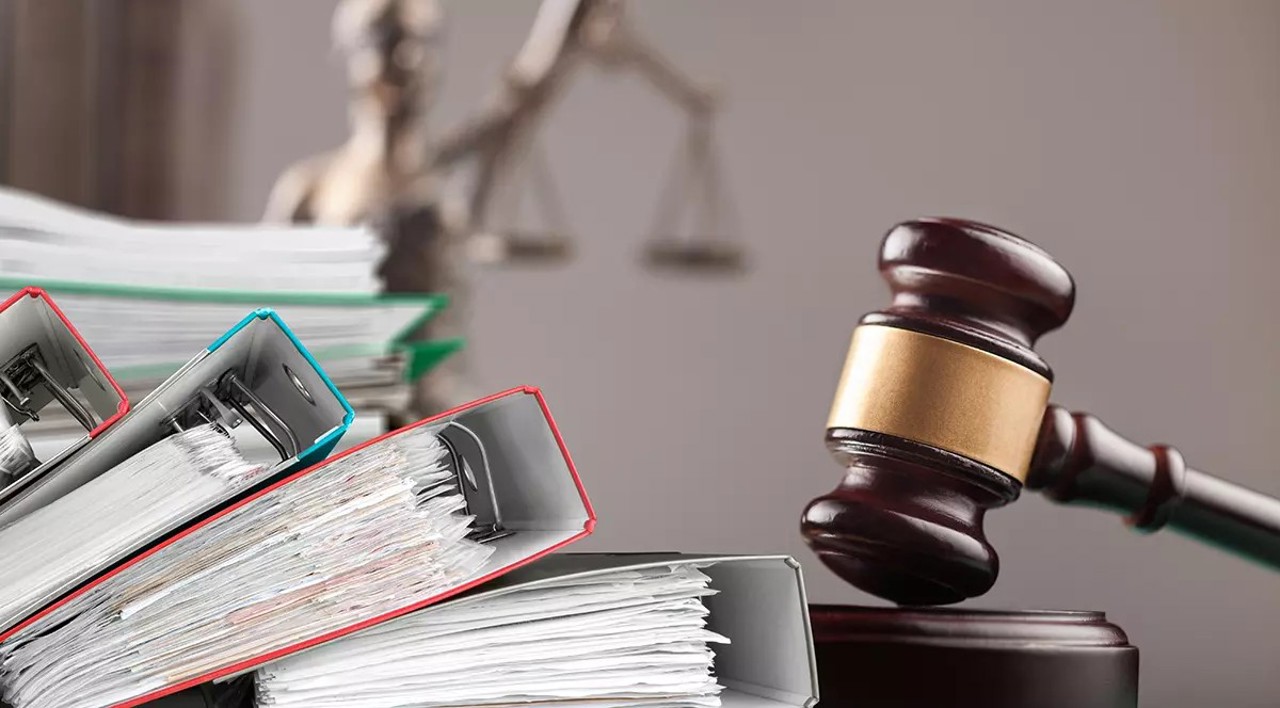Apă Canal Chisinau cannot pay its debt on electricity. Who will cover the remaining balance?
Chisinau City Hall has one more day to pay the electricity debt of 73.2 million lei. Failure to do so will result in Premier Energy disconnecting the company from the electricity grid on 1 February, or disconnecting tap water in the capital. The mayor, Ion Ceban, is asking the government to intervene and pay the debt.

Irina Gutnic, deputy mayor of the capital, responsible for housing and municipal affairs, who is also the former head of Apă-Canal Chisinau, claims that the municipal company has no money to pay the debt. Furthermore, the institution also owes money to the natural gas supplier.
"Urgent actions are required and need to be taken - reconnecting the network management sectors, finding 120 million to repay historical debts. In the short term, it would be to amend a number of relevant regulatory acts so as to make it possible to adjust tariffs to the level that covers essential operational costs," Irina Gutnic said.
The mayor of the capital, Ion Ceban, says the risk of the city running out of water is still very high. Once the water is disconnected, the water networks could also be affected.
"What will happen to hospitals, strategic institutions, what will happen to the heating system without water, has anyone asked this question? What is the government doing given these conditions? At minus temperatures, the disconnections that may occur from the water service may result in considerable damage to the water networks," said Mayor Ion Ceban.
On 26 January, several blocks of the Chisinau Water-Canal Company were already cut off from electricity in the capital. Subsequently, however, the disconnections from the electricity network, which had been announced by the "Apă-Canal Chisinau" enterprise, were suspended until 1 February. Municipal enterprise representatives say the debts have accumulated because the new water and sewage tariffs were not applied properly. At the beginning of this month, the tariff for this service increased by more than 40% for the capital's residents. Contacted by Moldova 1, Cabinet representatives say the debts to energy suppliers arise from commercial relations with them, which are under negotiation and can be rescheduled and argued before the regulator. Moreover, they say that the water tariff is approved by ANRE, an independent regulatory institution whose independence is legally protected.




